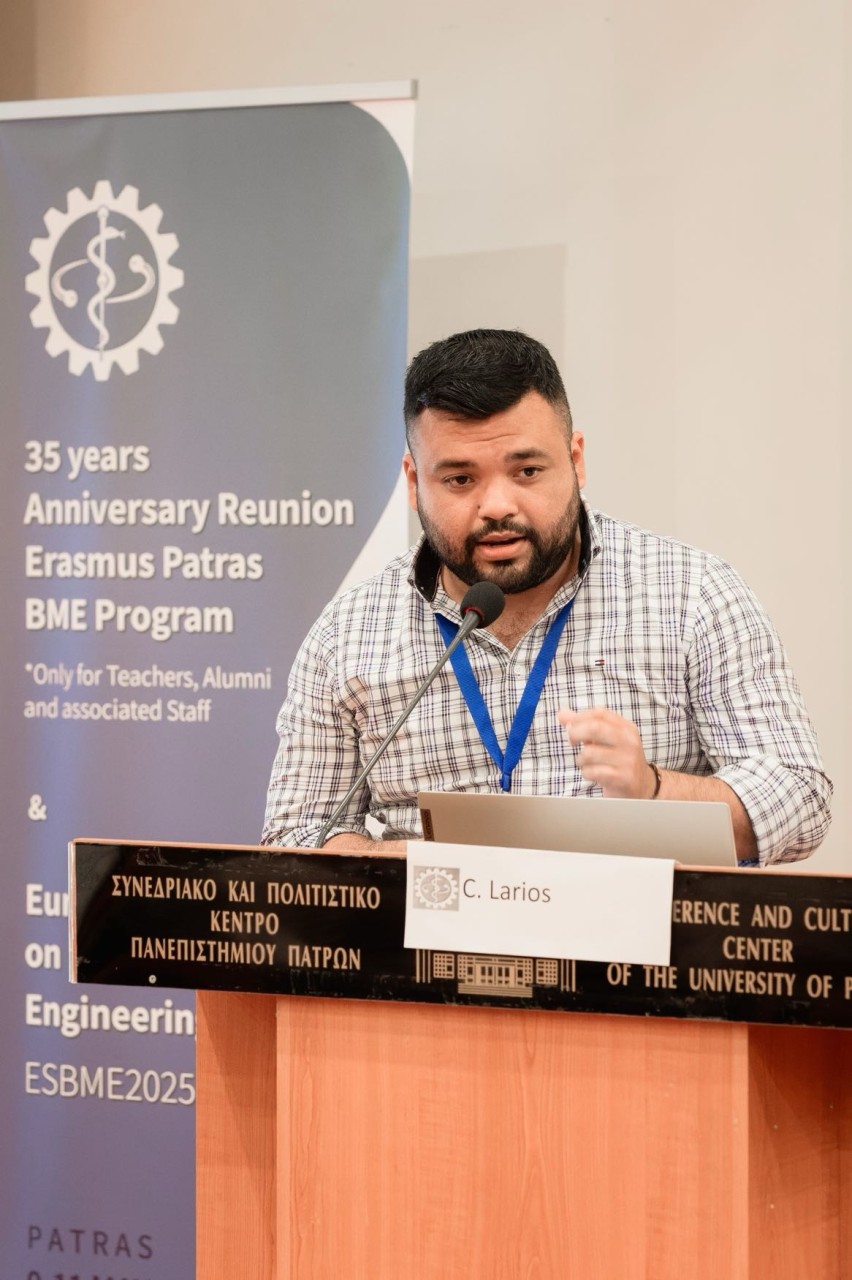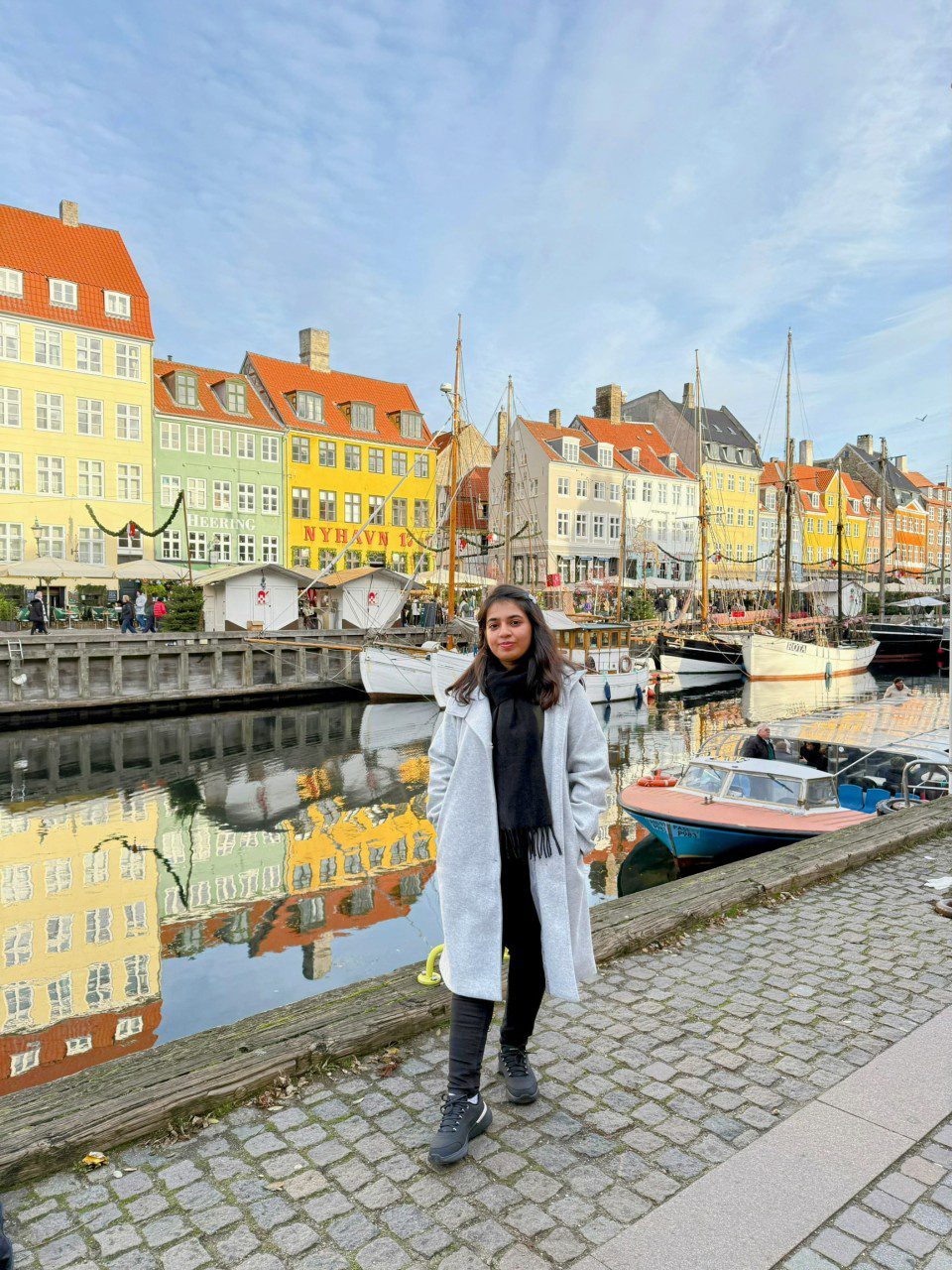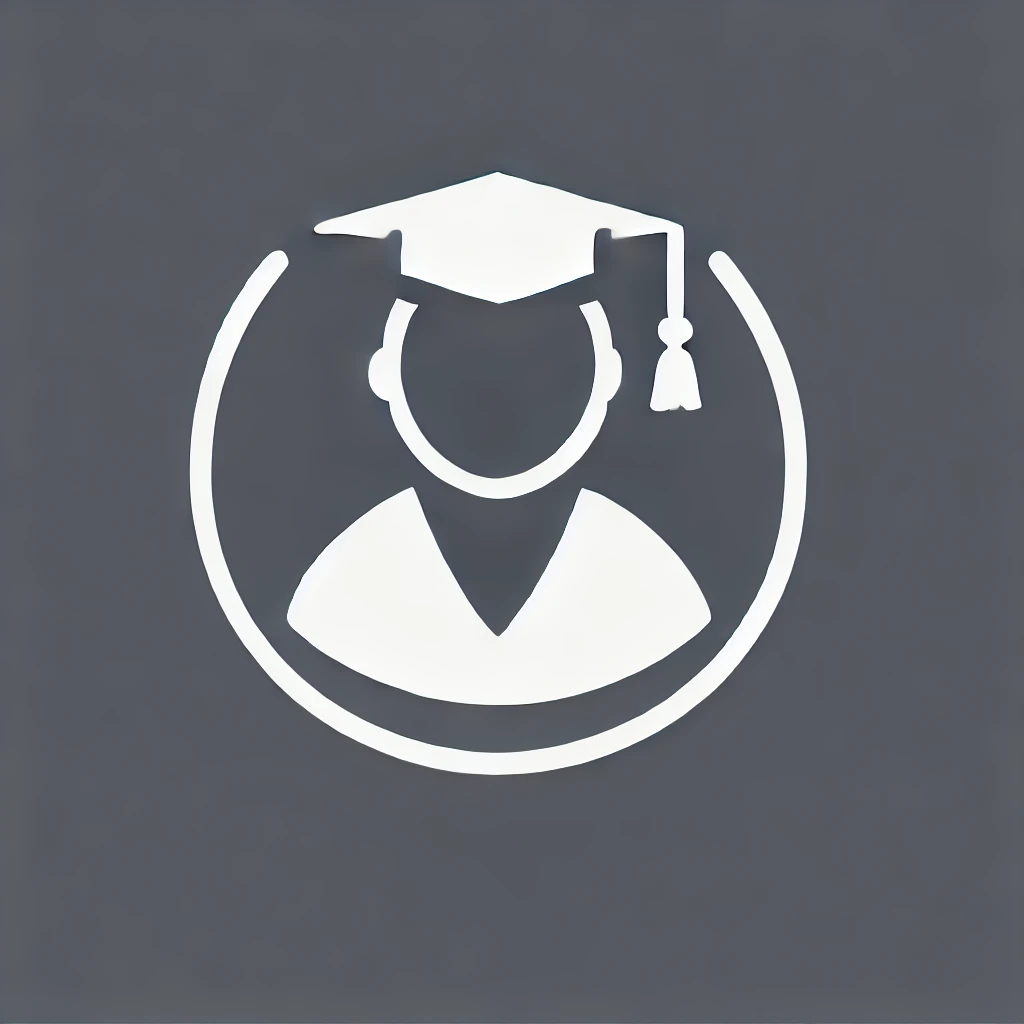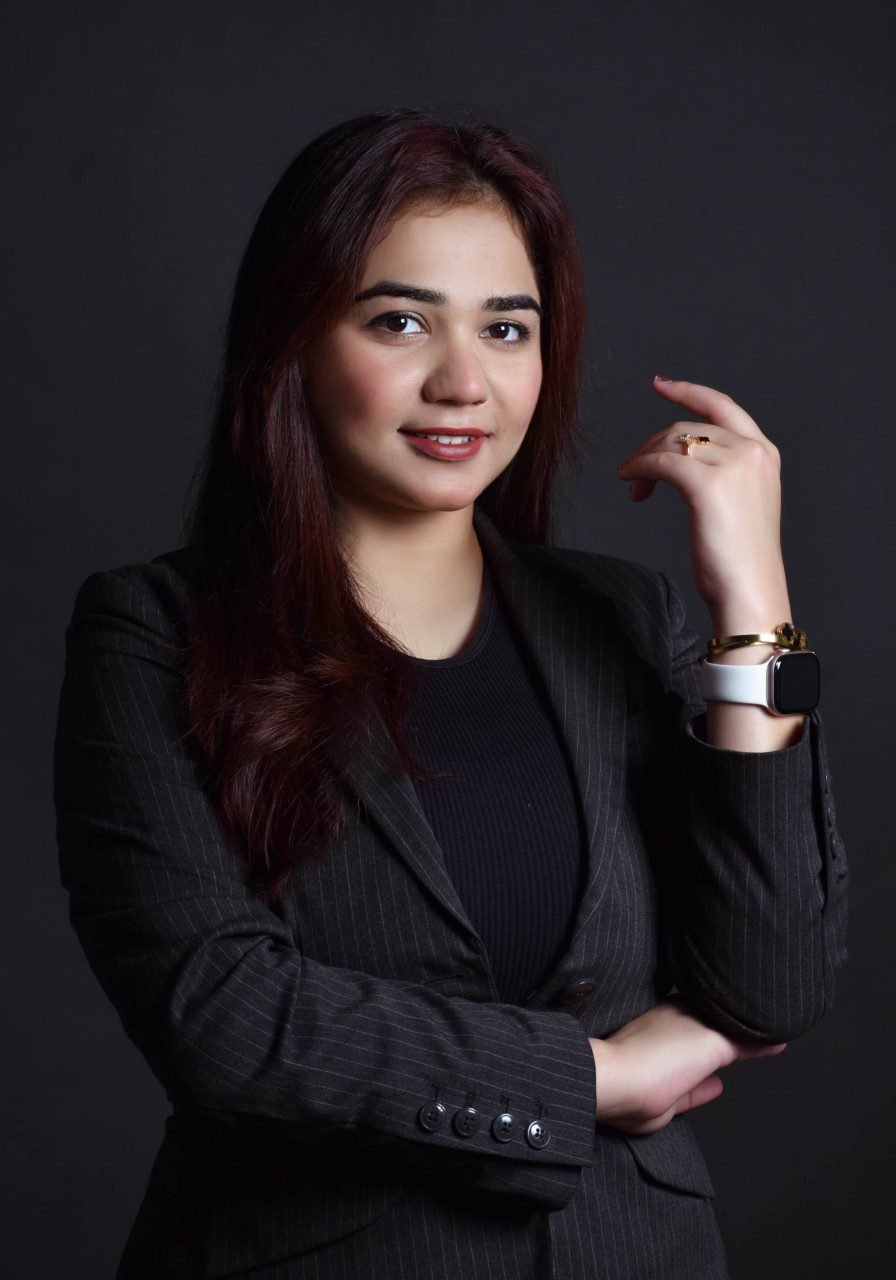Nicaraguan Scholar Awarded the Fully Funded Erasmus Mundus Scholarship for a Master’s in Biomedical Engineering Across Serbia, Greece, and Romania
University: University of Kragujevac, University of Patras, “Grigore T. Popa” University of Medicine and Pharmacy
Degree: Erasmus Mundus Joint Master’s in Biomedical Engineering (EMMBIOME)
Previous Education: B.Sc. in Electronics Engineering – National University of Engineering, Managua
Scholarship: Erasmus Mundus Scholarship – Fully Funded
Social Media

The Journey
I am Cristian Larios, a Biomedical & Electronics Engineer from Masaya, Nicaragua. I earned my B.Sc. in Electronics Engineering at the National University of Engineering in Managua and am currently finishing the Erasmus Mundus Joint Master's in Biomedical Engineering (EMMBIOME). Over the past two years, I’ve studied at the University of Kragujevac (Serbia), the University of Patras (Greece), and the “Grigore T. Popa” University of Pharmacy and Medicine (Romania), and am now completing my thesis, on a ROS2/Gazebo‐based robotic hip‑screw insertion system, back in Patras.
Educational Background
At UNI (Universidad Nacional de Ingeniería) Managua, I graduated with a 3.5/4.0 GPA, specializing in signals & systems, control theory, embedded programming (C/C++, Python), and measurement systems. My undergraduate thesis, a wireless real‑time air‑quality monitoring prototype, gave me hands‑on experience in sensors, PCB design, and data acquisition. This solid technical foundation, plus experience leading team projects, prepared me to thrive in a fast‑paced, multi‑country curriculum where I had to adapt quickly to new labs, teaching styles, and team compositions.
How Did I Prepare to Apply to the Institution?
I began by thoroughly reviewing the program’s application requirements. Next, I gathered and prepared all necessary documents, translating and validating my bachelor’s degree certificate and academic transcripts. At the same time, I studied diligently for the TOEFL exam, the most widely recognized English‑language test in Latin America. I also researched best practices for writing a compelling motivation letter and crafting a strong academic CV. Ultimately, Erasmus Mundus was the only scholarship to which I applied.
Could You Briefly Discuss the Erasmus Mundus Program You Pursued and the Specific Field of Study It Focused On?
I enrolled in the Erasmus Mundus Master in Biomedical Engineering (EMMBIOME), a fully‑funded, two‑year joint programme organized by three partner universities: the University of Kragujevac (Serbia), the University of Patras (Greece), and the Grigore T. Popa University of Medicine and Pharmacy (Romania).
The structure is:
- Semesters 1–3 (30 ECTS each): mobility through Serbia → Greece → Romania, covering core and elective modules in areas such as medical imaging, biosignal processing, medical instrumentation, assistive technologies, and medical robotics & simulation.
- Semester 4 (30 ECTS): a Master’s thesis at any of the partner institutions.
This multidisciplinary curriculum combines hands‑on lab rotations, research methodology/quality‑systems training, and applied projects, equipping graduates with both the technical and translational skills needed for careers in HealthTech, from clinical environments to R&D roles in industry.
How Did the Cost of Living Vary Across the Countries You Studied In? Which Country Was the Most Affordable or Expensive, and How Did You Manage Financially?
- Serbia (Kragujevac): ~€200–€250 /month rent (most affordable) for a 3-person place
- Romania (Iași): ~€300–€350 /month each for two people apartment
- Greece (Patras): ~€380–€400 / month in a private hostel; however, there is a university hostel, relatively cheap from 90 euros (double room) to 130 euros.
The Erasmus stipend comfortably covered housing, utilities, and food. I saved further by sharing flats, cooking in bulk, and using student‐discount cards for public transport.
Did You Face Any Language Barriers, and if So, How Did You Overcome Them? Did the Language of Instruction Change from One Country to Another?
All courses were taught in English, so academic work posed no issue. Every day tasks, rent contracts in Greek, market shopping in Romanian, occasionally required basic local phrases. I overcame this by:
- Learning essentials via language apps (Duolingo, Memrise)
- Using translation apps (Google Translate) for documents
- Leaning on peers and local friends
Would You Recommend the Erasmus Mundus Program to Others? What Advice Would You Give to Someone Considering This Scholarship?
I would wholeheartedly recommend the Erasmus Mundus Biomedical Engineering programme to anyone eager for a truly immersive, multidisciplinary education: you’ll rotate through intensive courses in medical imaging, biosignal processing, instrumentation, and assistive technologies, each taught by expert faculty at top European institutions.
Beyond the curriculum, you’ll be enriched by Serbian hospitality and affordability in Kragujevac, the vibrant student life and Mediterranean pace of Patras in Greece, and Romania’s historic charm and rapidly growing health‑tech scene in Iași. Along the way, you’ll build a diverse international network, fellow scholars, alumni, and research groups that can open doors to collaborative projects, internships, and conferences across Europe. You can come back with clinical technology development to their home countries. If you embrace each country’s culture, stay active in seminars and student clubs, and nurture those professional connections, you’ll finish not just with a Master’s degree but with a global community and a clear pathway into advanced research or industry leadership.
Looking Back, Would You Have Done Anything Differently During Your Time in the Program?
I would have:
- Begun learning basic Greek, Serbian, and Romanian before arriving.
- Reached out sooner to potential supervisors at all three universities to explore joint publications.
- Attended more local workshops and conferences outside my core courses to broaden my professional network.
Want to submit your
scholarship journey?
Submit Your Story Here!
More Scholarship Recipients

I am Sabeen Imran, coming from Pakistan, where I did my Bachelor's in Environmental Sciences from the University of Veterina .... Read more

My name is Ivena Nathania Victor; you can call me Ivena. I have a Master’s of Science and Master’s of Arts degree in Cli .... Read more

My name is Aisha Lareb, and I am from Sindh, Pakistan. Growing up, I witnessed the challenges faced by women in my community .... Read more

Leave A Comment